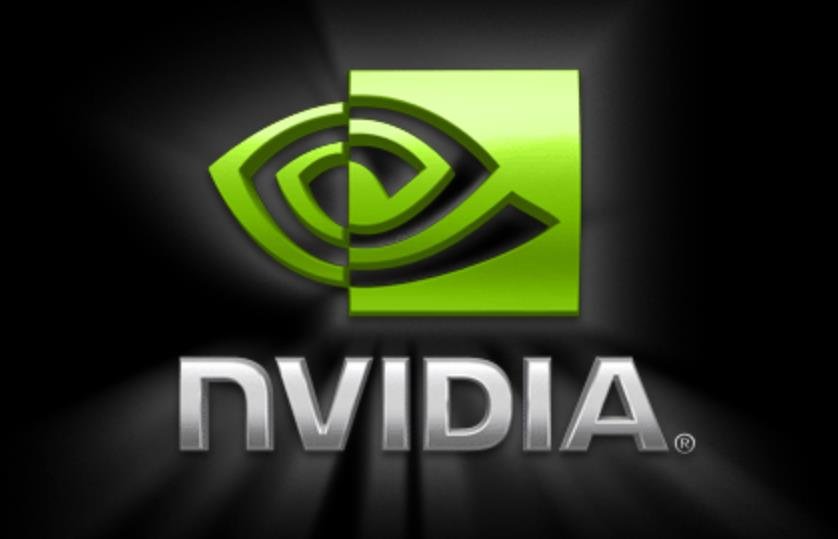NVIDIA, the leading company in graphics and AI, has made a bold claim that generative AI, a type of artificial intelligence that can create new content from scratch, will be bigger than the internet in terms of impact and value. The company’s CEO, Jensen Huang, said that generative AI will enable new forms of creativity, communication, and commerce that will transform every industry and sector.
Generative AI is a branch of AI that uses deep learning models to generate novel and realistic outputs, such as images, text, audio, or video, based on some input or prompt. For example, generative AI can create realistic faces of people who do not exist, write captions for images, synthesize speech from text, or compose music from lyrics.

Generative AI models are often based on transformers, a type of neural network architecture that can learn long-range dependencies and complex patterns from large amounts of data. Transformers have been used to create some of the most advanced generative AI models, such as GPT-3, DALL-E, and StyleGAN.
How NVIDIA is Driving Generative AI Innovation
NVIDIA has been at the forefront of generative AI research and development, leveraging its expertise in graphics and computing to create powerful hardware and software platforms for generative AI. Some of the company’s achievements and initiatives in generative AI include:
- Developing the NVIDIA RTX platform, which combines ray tracing, deep learning, and advanced shading to enable realistic and immersive graphics and gaming experiences.
- Launching the NVIDIA Omniverse, a platform that connects 3D content creation tools and simulators to enable collaborative and interactive workflows for design, animation, and simulation.
- Introducing the NVIDIA Canvas, a tool that allows users to create photorealistic landscapes using simple brushstrokes and generative AI.
- Announcing the NVIDIA Avatar Cloud Engine (ACE) for Games, a service that transforms games by bringing intelligence to non-playable characters through AI-powered natural language interactions.
- Offering a set of cloud services that enable businesses to build, refine, and operate custom large language models and generative AI models that are trained with their own proprietary data and created for their unique domain-specific tasks.
- Providing a Jetson Generative AI Lab for developers to access optimized tools and tutorials for deploying open-source generative AI models on the NVIDIA Jetson platform for edge AI and robotics.
Why Generative AI Matters
According to Huang, generative AI will have a profound impact on the world, as it will enable new forms of expression, communication, and commerce that were not possible before. He said that generative AI will create a new internet that is not just about information, but about imagination.
Some of the potential applications and benefits of generative AI include:
- Enhancing creativity and productivity by allowing users to create high-quality content with minimal effort and time.
- Improving education and learning by enabling personalized and interactive content generation and feedback.
- Enabling new forms of entertainment and storytelling by creating immersive and engaging experiences and characters.
- Empowering social and emotional connection by allowing users to create and share their own avatars, emotions, and voices.
- Driving innovation and growth by enabling new business models and opportunities based on generative AI.
Generative AI is still in its early stages, and there are many challenges and risks involved, such as ethical, legal, and social implications, data quality and availability, model robustness and security, and human-AI collaboration and trust. However, NVIDIA believes that generative AI will be a positive force for humanity, and is committed to advancing the field and making it accessible and beneficial for everyone.
